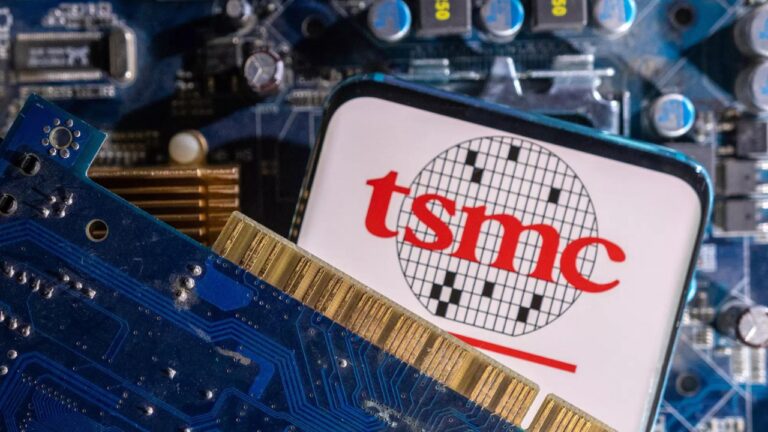ASML and TSMC, two of the world’s leading chipmakers, could remotely shut down their most advanced semiconductor manufacturing equipment if China invaded Taiwan. Sources familiar with the matter told Bloomberg that the “kill switch” feature was designed to address growing concerns about the potential impact of a Chinese occupation of Taiwan, which plays a pivotal role in the global semiconductor industry.
According to Bloomberg’s sources, ASML, a Dutch company that supplies extreme ultraviolet (EUV) equipment to semiconductor giants such as Taiwan’s TSMC, assured Dutch authorities during a meeting discussing the threat of a Chinese invasion that it has the capability to shut down the equipment remotely. The Dutch government is also running simulations to assess the risks associated with such a scenario.
EUV equipment costs more than $200 million each and is essential to making the world’s most advanced processor chips. TSMC alone is estimated to manufacture 90% of these cutting-edge chips, making Taiwan the center of the semiconductor industry. A Chinese invasion of the island nation would have serious repercussions for the global economy.
The release of the “kill switch” feature comes amid rising tensions between the United States and China, as the US has restricted Beijing’s access to advanced AI chips from US manufacturers. The US has also pressured the Netherlands to block some ASML exports to China in an effort to limit China’s advanced chip production capacity.
TSMC is diversifying production with new facilities in Arizona, Japan and Germany, but it will take time for those factories to come online. The U.S. has also taken steps to boost domestic chip manufacturing through the CHIPS Act, which has provided billions of dollars in subsidies. But NVIDIA CEO Jensen Huang has said the global tech industry will likely remain dependent on Taiwanese manufacturing for the time being.
According to Bloomberg’s sources, ASML, a Dutch company that supplies extreme ultraviolet (EUV) equipment to semiconductor giants such as Taiwan’s TSMC, assured Dutch authorities during a meeting discussing the threat of a Chinese invasion that it has the capability to shut down the equipment remotely. The Dutch government is also running simulations to assess the risks associated with such a scenario.
EUV equipment costs more than $200 million each and is essential to making the world’s most advanced processor chips. TSMC alone is estimated to manufacture 90% of these cutting-edge chips, making Taiwan the center of the semiconductor industry. A Chinese invasion of the island nation would have serious repercussions for the global economy.
The release of the “kill switch” feature comes amid rising tensions between the United States and China, as the US has restricted Beijing’s access to advanced AI chips from US manufacturers. The US has also pressured the Netherlands to block some ASML exports to China in an effort to limit China’s advanced chip production capacity.
TSMC is diversifying production with new facilities in Arizona, Japan and Germany, but it will take time for those factories to come online. The U.S. has also taken steps to boost domestic chip manufacturing through the CHIPS Act, which has provided billions of dollars in subsidies. But NVIDIA CEO Jensen Huang has said the global tech industry will likely remain dependent on Taiwanese manufacturing for the time being.
End of article

